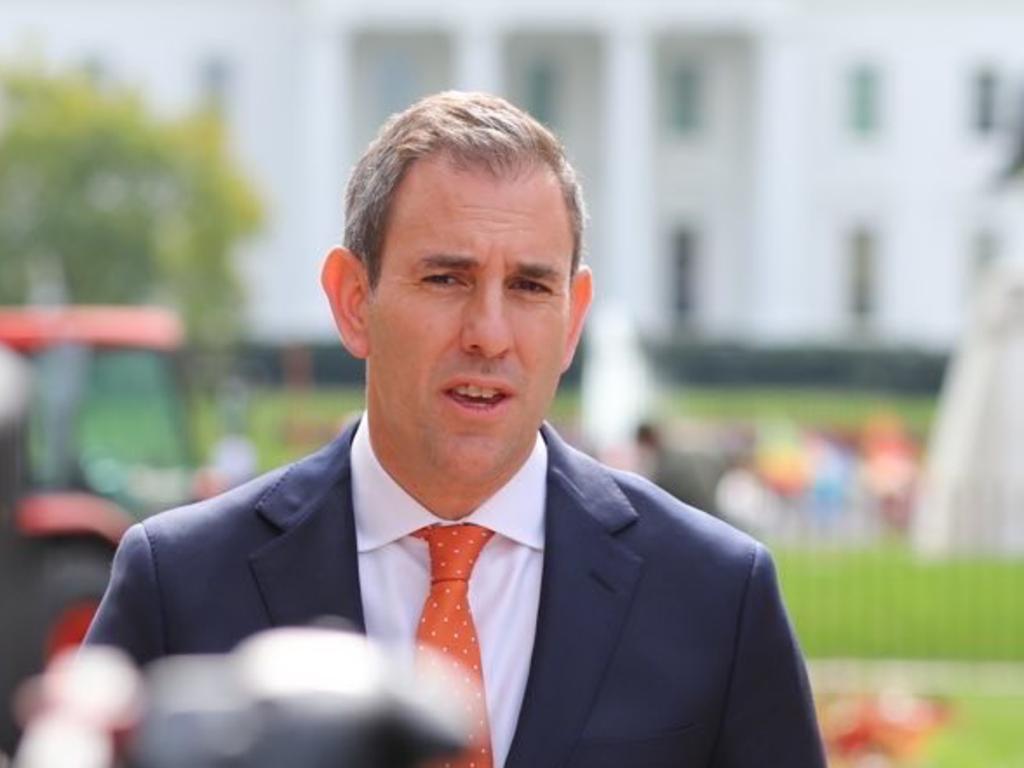Order in the chaos of our shambolic public health miracle


Hospitalised last week, I had both the occasion and the leisure to think a little about these priorities. As Samuel Johnson famously remarked, “When a man knows he is to be hanged in a fortnight, it concentrates his mind wonderfully.” I found myself crippled by severe gout in both knees (and one foot), unable to walk or even move my legs. It was hospital by ambulance, then four days of treatment in the acute medical unit before I was on my feet again. Not, perhaps, quite a promised hanging, but a shock of the kind that does, indeed, concentrate the mind.
The first thing that struck me forcefully, of course, being in a public hospital, was the strain that the public health system was under because of the enormous workload it carried, redoubled by the recent protracted Covid crisis.
This led to evident crowding, apparent disorder, the bewildering variation in which medical personnel came to see me, delays in getting even promised treatments and difficulties in getting answers to even basic questions.
The second thing that struck me, however, on the fourth day, was that the system had somehow contrived to work. In a minor miracle of modern medicine, I found that drugs (Targin and Endone) had finally suppressed the acute pain I had been suffering; that melatonin had enabled me to sleep; that the “aspiration” of my two knees, under local anaesthesia, had drained the inflammation fluids that had paralysed them; that the injection of steroids into them had relieved the inflammation; and that, wonderful to relate, I was able to swing my legs into action, rise up out of bed and walk to the shower and toilet.
While a very competent rheumatologist was aspirating my knees (on the third and fourth days), I asked her whether she had ever read Roy Porter’s The Greatest Benefit to Mankind: A Medical History of Humanity from Antiquity to the Present (1997). She confessed she hadn’t, though she seemed to recall having heard of him. It’s a monumental piece of scholarship, the key message of which is that modern scientific medicine has done more to reduce human suffering in measurable ways than most of us realise or can readily imagine. I was undergoing a small demonstration of exactly that in her skilled hands.
The third thing that struck me, however, is the reason for writing. This had been a demonstration of the efficacy and utility of our public health system in an emergency, even while all but overwhelmed. I was both impressed and driven to reflect that this was a great social good that we must ensure was maintained and supported. Yet I had to confess to myself that I had only the vaguest idea of the state of public expenditure on health, the critical challenges it faced and what might be the most intelligent or effective ways to address them.
This, in turn, sparked the realisation – Economics 101 – that the question could not responsibly be answered in isolation, as if money grew on trees. It must be pondered in the context of the extraordinarily complex and ongoing debate about budgetary priorities, taxation reform and political advantage.
Hello, Treasurer and Anthony Albanese. I am, after all, an analyst of international affairs and a friend of many of those who have been most outspoken in recent years in calling for a dramatic increase in defence expenditure in the face of the rising dangers abroad and the patent lack of preparedness of the Australian Defence Force to meet them.
That is, indeed, a pressing challenge right now and likely to remain so for many years. We would confound ourselves, therefore, if we got bogged down in trench warfare over the competition between health expenditure and defence expenditure.
We need both and we need the optimum combination of them. That can be accomplished only through sound tax and expenditure policies. It demands that the debate over these matters, therefore, be conducted in the most transparent, capable and rational manner we can manage.
At our best, in this country, we can manage such debates. But the need for real reform and innovation eludes us at times. In the current context, it seems rather clear that the systematic taxation reforms recommended way back in 2010 by former Treasury secretary Ken Henry – or something like them – are now vital. Henry agrees. Let’s do it, Prime Minister.
Paul Monk, writer and speaker, is a former senior intelligence analyst and consultant in applied cognitive science. His latest book is The Three Graces: Companionship, Discretion, Passion – a book of love poetry.




Jim Chalmers and his team are shaping a budget to deal with the triple challenges we confront: the need for an overhaul of health (including National Disability Insurance Scheme) funding; the need to start remitting the huge debts piled up under Covid-19; and the need to fund serious increases in defence expenditure to address the growing dangers of strategic confrontation and possible military conflict.